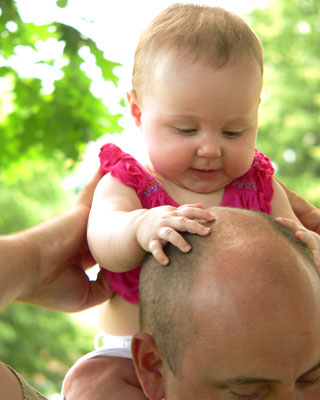All Nonfiction
- Bullying
- Books
- Academic
- Author Interviews
- Celebrity interviews
- College Articles
- College Essays
- Educator of the Year
- Heroes
- Interviews
- Memoir
- Personal Experience
- Sports
- Travel & Culture
All Opinions
- Bullying
- Current Events / Politics
- Discrimination
- Drugs / Alcohol / Smoking
- Entertainment / Celebrities
- Environment
- Love / Relationships
- Movies / Music / TV
- Pop Culture / Trends
- School / College
- Social Issues / Civics
- Spirituality / Religion
- Sports / Hobbies
All Hot Topics
- Bullying
- Community Service
- Environment
- Health
- Letters to the Editor
- Pride & Prejudice
- What Matters
- Back
Summer Guide
- Program Links
- Program Reviews
- Back
College Guide
- College Links
- College Reviews
- College Essays
- College Articles
- Back
Child
The literal meaning of a child is “a young human being below the age of puberty or below the legal age of majority”. Why do we use it as a description of someone being immature, and the complete opposite, someone who’s very open minded? We were all children at one point, and although we have grown, we all possess childish and child-like qualities. Experience is what makes us into an adult, but through this experience we are constantly learning things about life, just as a child.
Society has marked the age of adulthood starting at eighteen years old. To younger individuals, this may seem like a wise and old age, but it’s only a fraction compared to those who have lived over sixty years. Are we being expected to “grow up” too fast? It is safe to assume that this age was chosen because that is when most reach physical maturity, however there are some who aren’t mentally mature enough to be considered “adults”. This even applies to those in their 20’s or 30’s, some simply aren’t ready to face the responsibilities that come with being an adult. If we were all just born with the mind of an adult, we would miss that crucial stage of childhood where we learn and build our own character.As a child, we aren’t born with any concept of social structure, we had to learn and adapt to our environment. This is why children are associated with innocence, they are learning anger and love and frustration and curiosity.
Among the many qualities that we use to describe children, there are two in which we describe ourselves, having either the more negative qualities of a child, or the more positive. If someone is childish, they may be immature, whiny or rude. Many mistake this quality with child-like, which can be used to describe someone open-minded or innocent. Someone who is childish may believe that they are more important than others, that they don’t need anyone, or that they have gathered all the wisdom they need in the short amount of years that they have lived. Those child-like individuals always crave to learn more about the world, acknowledge that we are all still children, and have embraced the idea that we never really stop growing up. It is important to know the difference that way we don't associate these positive qualities with negative ones. If we lost our curiosity in our youth, america wouldn’t have been discovered, fossils would still be buried in the ground, and the moon would not have footprints on it. If we were all a little more open-minded, there would be more peace in the world, we would all learn to accept each other, instead of trying to forcibly change things that we don't like in people.
We go through the stages of our life learning and exploring new things. As long as the unknown waits to be discovered, we will still be children, always asking the question, “Why?”. We wouldn’t be human without our childish and child-like qualities, however it’s important to know when to stop being childish and accept the responsibilities that come to us throughout the years. There is a child that is inside all of us that has been shaped and warped by our environment, but it’s important to hold on to our curiosity and keep our wide child-like eyes open. We are constantly growing up, but we never really lose our youth.

Similar Articles
JOIN THE DISCUSSION
This article has 0 comments.
